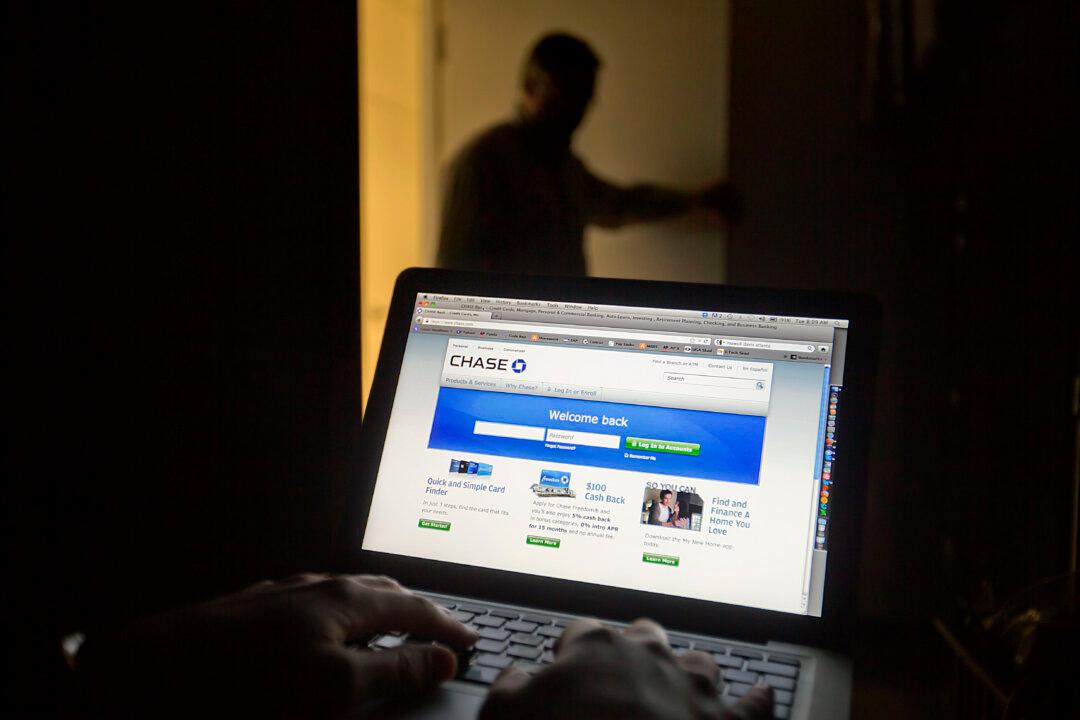Tens of millions of mobile Internet users could be cut off from the World Wide Web after an upcoming update goes through next year.
Facebook and web security firm CloudFlare are warning of the impending update, which will shutter the aging SHA-1 algorithm and replace it with a more secure one.
Alex Stamos, Facebook’s chief security officer, wrote in a recent post that the update will affect three to seven percent of the world’s mobile Internet users, “meaning that tens of millions of people will not be able to securely use the Internet after December 31st.”
CloudFlare says that millions of users in developing countries such as China, Yemen, and Ghana will be left without Internet access unless something changes.
Although 98.31 percent of the browsers are compatible with the update, the 1.69 percent that are not represent tens of millions of people.
The updated algorithm promises better security, since the SHA-1 algorithm was declared earlier this year as no longer safe by researchers.
As of midnight on January 1, the SHA-2 certificates will be put into place.






